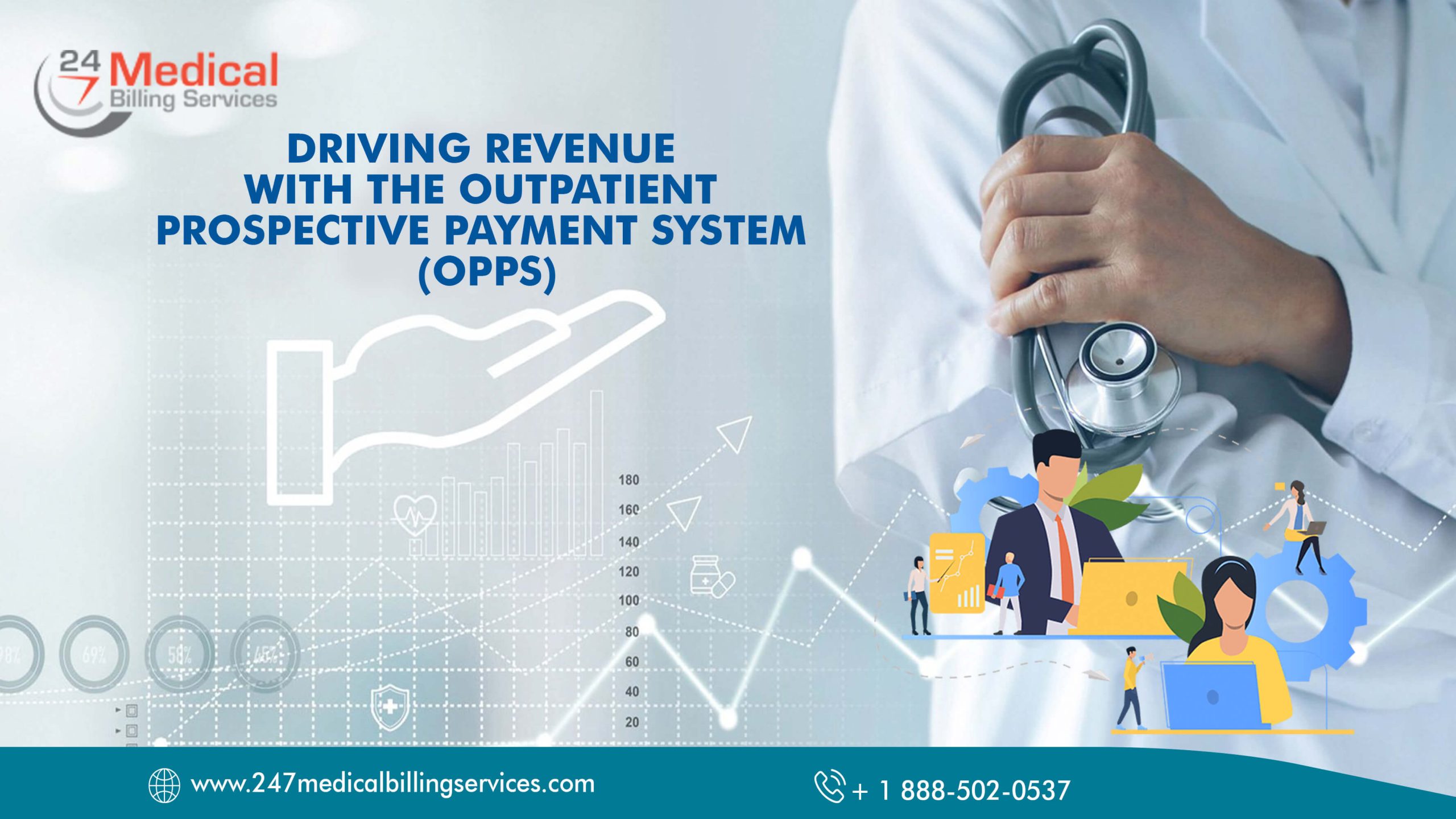
Driving Revenue with the Outpatient Prospective Payment System (OPPS)
The Outpatient Prospective Payment System (OPPS) are an efficient way to control and optimize healthcare costs. They promote a predictable flow of payments between providers and insurers by establishing predetermined pricing for medical services. This enables both parties to budget appropriately, reducing waste and increasing operating efficiency. Furthermore, outpatient prospective payment systems make administrative tasks like medical claims processing more accessible, resulting in faster reimbursement timeframes.
What exactly is OPPS in healthcare? An OPPS can prevent overpayment by accurately estimating the price of services provided. This ensures that providers receive enough compensation for the services they perform while also assisting in controlling healthcare spending by reducing wasteful practices such as duplicate billing and improper coding.
An Overview of Outpatient Prospective Payment System (OPPS)
An outpatient prospective payment system is a reimbursement model healthcare providers use to increase payment predictability. It enables the provider and payer to negotiate and agree on a prospective payment plan that includes fixed payments for services performed before the provision of treatment. This helps ensure that providers are paid appropriately and on schedule while providing both parties with budget predictability.Each episode of care is allocated a standardized prospective rate based on diagnosis codes and other parameters, such as patient characteristics or geographic region, via prospective payment systems. As providers receive a fixed sum regardless of how much or how little it costs them to perform the service, an outpatient prospective payment system offers an incentive structure that encourages quality care. This promotes efficiency rather than rewarding quantity over quality. Finally, prospective payment systems strive to strike a balance between cost and quality, which can improve overall results for both the provider and the patient.
How Outpatient Prospective Payment System (OPPS) Drive Revenue in Medical Billing?
As healthcare expenses rise, an outpatient prospective payment system may provide a realistic alternative for lowering financial stress. An outpatient prospective payment system helps healthcare providers manage their money and prevent the financial hardship of unexpected payments by making payments more predictable. Furthermore, it serves to level the playing field by guaranteeing that all patients receive comparable quality treatment regardless of their capacity to pay or provider preference. It enables providers to focus on providing high-quality care without worrying about compensation rates.-
Helps in Predictability
-
Helps in Finance Management
Example:
The Medicare prospective payment system is one example of a prospective payment system. A federal program that provides set payments for services provided to Medicare enrollees, with changes based on diagnosis code and other considerations. This helps providers and the government create budget certainty while promoting quality treatment over quantity. Furthermore, it promotes better equity in treatment because all patients receive comparable quality regardless of provider choice.We've already seen prospective payment system examples in use with Medicare Advantage over the last decade, with no detrimental impact on Medicare Advantage enrolment growth. In fact, Medicare Advantage membership is increasing because the Medicare prospective payment system rules harmonize payer, provider, and patient incentives.
What’s the Secret to Success?
The purpose of OPPS in medical billing is to decrease disparities in outpatient service reimbursement among hospitals. Outsourcing OPPS services to a medical billing company, such as 24/7 Medical Billing Services, ensures that you have a skilled medical biller familiar with the Medicare, OPPS, and APC systems. To avoid refused claims, the medical biller verifies that everything runs smoothly on the UB-92 or successor claim forms. To know more about how the outpatient prospective payment systems work effectively, you can contact the 24/7 Medical Billing Services team.See also: Streamlining Reimbursement: Strategies For Success With Medicare’s Fee Schedule

.png)